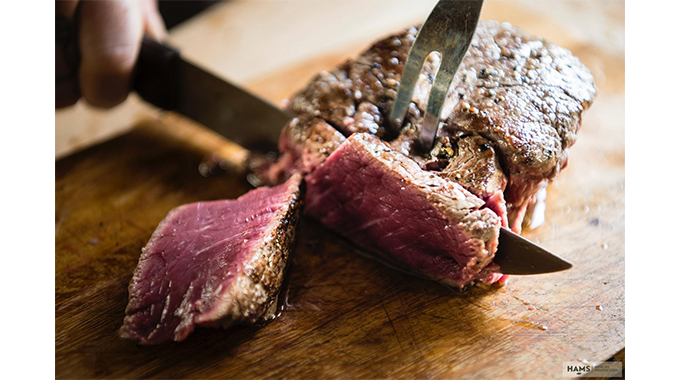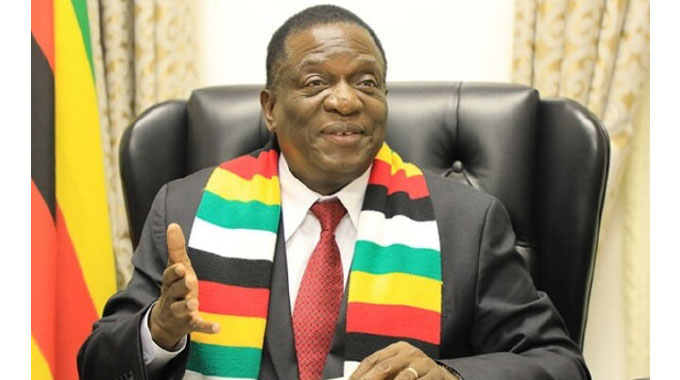Consume untested game meat at your own risk – ZimParks

Yoliswa Dube-Moyo, Matabeleland South Bureau Chief
THE Zimbabwe Parks and Wildlife Management Authority (ZimParks) has warned members of the public against eating untested game meat amid fears of disease outbreak.
There are recorded cases of disease in national parks where poachers have established hunting grounds for wildlife.
A significant number of poachers sell the meat or eat it, posing a risk to whoever eats the infected meat.
Diseases such as anthrax and foot and mouth disease are spread when people poach and eat untested meat.
ZimParks public relations manager Mr Tinashe Farawo said while his organisation was making all efforts to counter poaching and scale up conservation efforts, the vice is a public health threat.
“We’re doing everything in our power to address the poaching problem. We’ve gone down from as high as 400 in 2014/15 to as low as 20. The numbers are going down. The area where we were having problems was the Hwange-Matetsi block. Last year, we never lost a single elephant due to poaching. If you go to areas like Bubi and many others where we have rhinos, at some point we were losing rhinos almost every day but the numbers are going down. We’ve employed policies such as the shoot to kill. If you’re found within a protected area with a rhino, it’s non-negotiable because you become an enemy. All those things have assisted in making sure we deal with poaching,” said Mr Farawo.
He said efforts were being made to educate communities on the importance of testing game meat before consumption.

Mr Tinashe Farawo
“We’ve also been having problems with communities in terms of poaching for food but we continue to educate our communities not to consume untested meat because most of these animals have anthrax, foot and mouth and many other diseases. If the meat is not tested, they risk getting those diseases,” said Mr Farawo.
Meanwhile, a 250 000 Euro fund is set to be released to support communities living within the Greater Mapungubwe Transfrontier Conservation Area (GMTCA) to cushion their livelihoods as efforts to manage human-wildlife conflict continue.
Gwanda Rural District Council environmental officer Mr Sijabuliso Masango said the fund focuses on communities which live around parks as they are encouraged to conserve wildlife.
“It’ll be focused on Wards 16, 19, 20 and 24 which surround the park. It’s going to cover both Gwanda and Beitbridge. The major beneficiaries are the local community because on a broader scale, the aim is to address the impacts of climate change in and around parks, zeroing in on human-wildlife conflict,” said Mr Masango.
He said elephants destroy crops which makes agriculture in some areas futile.
“We’ve got a lot of elephants which destroy crops. People are trying to farm year in year out and elephants come and raid the crops. So, we want to come up with packages to ensure that there’s minimum loss of crops, minimum loss of human life and minimum loss of infrastructure. Look at water infrastructure and all that, elephants destroy that. On the other hand, there are hyenas, for those communities who live around parks, there’s always problems with hyenas, lions and sometimes hippos. We’re trying to address the issue of human-wildlife conflict and come up with cushion, or shock absorbers for such occurrences,” said Mr Masango.
He said efforts were being made to change perceptions about wildlife.
“We want to change the way wildlife is perceived in those areas because now you find that there’s animosity; the relations between humans and wildlife are strained because for a long time people have been accusing councils saying wildlife belongs to councils; wildlife has destroyed crops, council should pay and all that. We want them to view wildlife as one of their resources to uplift their livelihoods,” said Mr Masango.
@Yolisswa











Comments